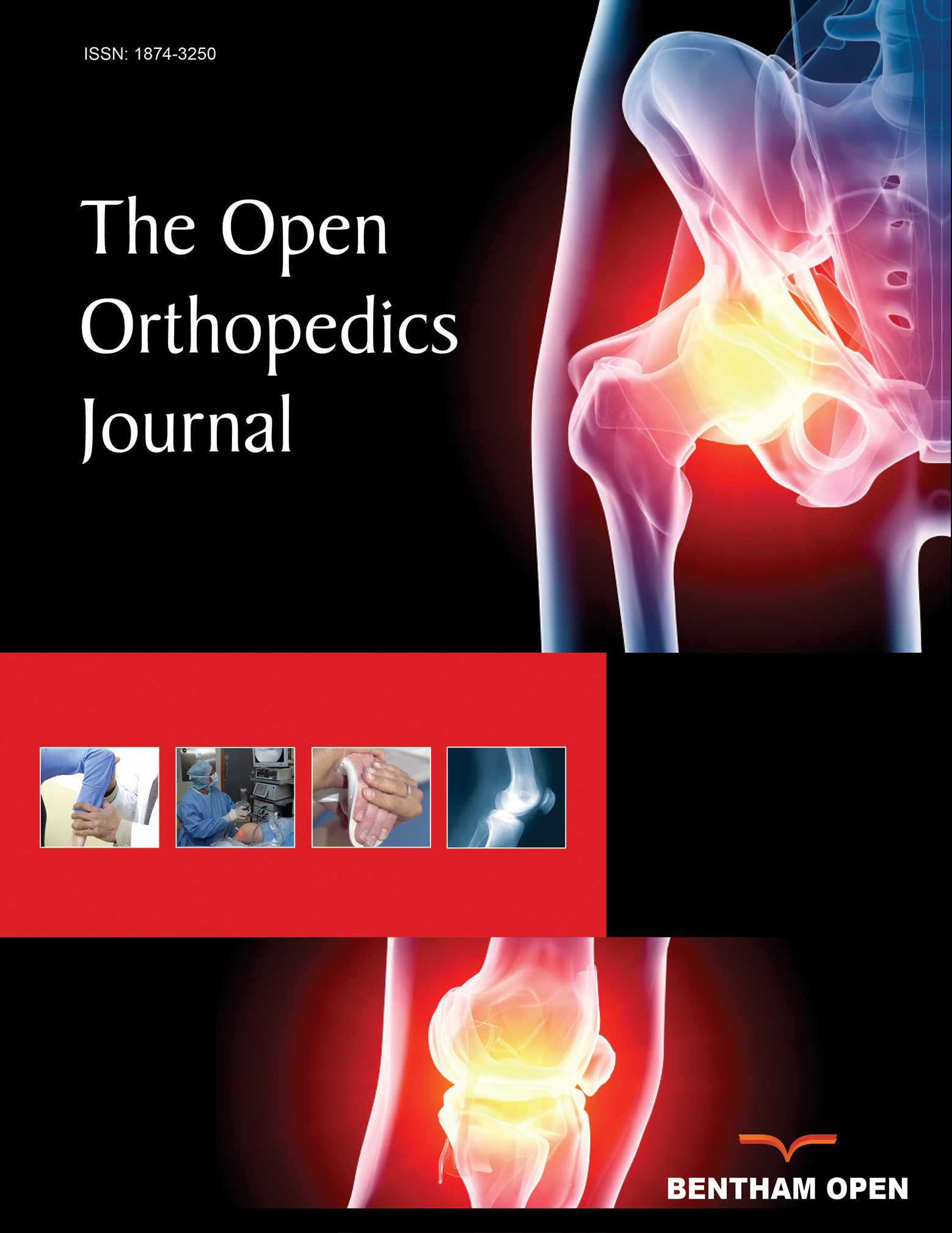All published articles of this journal are available on ScienceDirect.
The Impact of Blood Management on Length of Stay After Primary Total Knee Arthroplasty
Abstract
The current study investigates the impact of patient factors, surgical factors, and blood management on postoperative length of stay (LOS) in 516 patients who underwent primary total knee arthroplasty. Age, gender, type of anticoagulation, but not body mass index (BMI) were found to be highly significant predictors of an increased LOS. Allogeneic transfusion and the number of allogeneic units significantly increased LOS, whereas donation and/or transfusion of autologous blood did not. Hemoglobin levels preoperatively until 48 hours postoperatively were negatively correlated with LOS. After adjusting for confounding factors through Poisson regression, age (p = 0.001) and allogeneic blood transfusion (p = 0.002) were the most significant determinants of LOS. Avoiding allogeneic blood plays an essential role in reducing the overall length of stay after primary total knee arthroplasty.


